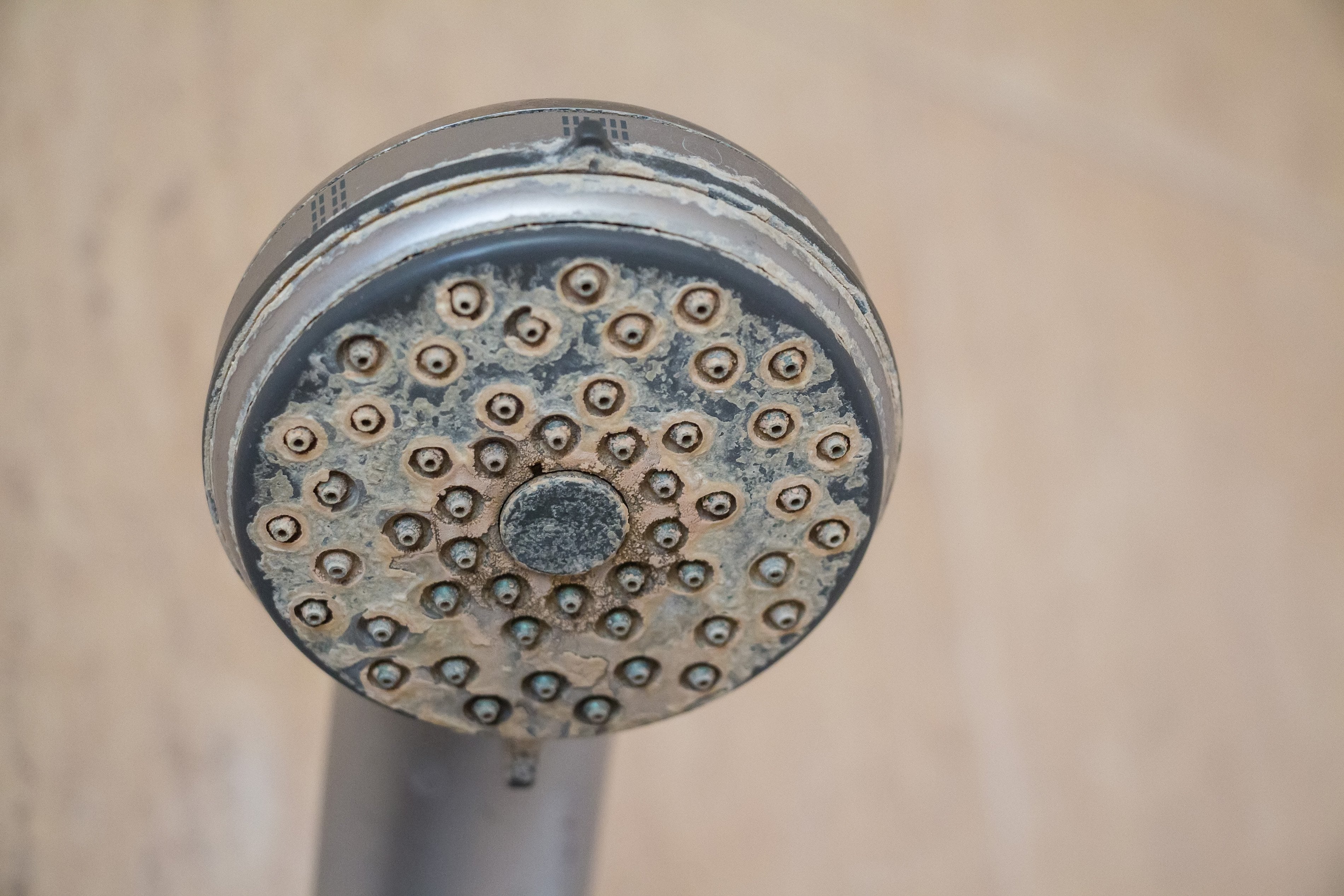
Most people have heard the term "hard water". But many people do not actually know what it means. In simple terms, hard water refers to the amount of dissolved minerals that may be in your water. While virtually any type of mineral may be present in water, it is usually the minerals of magnesium and calcium that people think of when they think of household hard water.
It should be noted that hard water does not pose a health risk to those who ingest it. Yes, it may taste bad, but it is not poisonous. It is, however, very troublesome when it comes to buildup on your plumbing fixtures. Hard water can also cause soap and laundry detergent to behave poorly. Hard water can also affect human hair after shampooing, with the results being less than acceptable to many people.
So how does water become hard?
Water may look neutral but is in fact an excellent solvent. Water can and does absorb impurities with relative ease. In scientific circles, pure water is often referred to as the "universal solvent". Whenever water flows through, or over, soil and rock, it will begin to dissolve small amounts of the minerals that are present and it will then hold them in solution until they are removed by some means.
As mentioned above, magnesium and calcium are two of the most common minerals found in hard water. As the amount of these minerals increases in the water, the overall hardness of the water increases as well.
How can you tell if your water is hard?
Those who have hard water will readily attest that it affects virtually all household cleaning tasks. From dishwashing to laundering clothes detergents often do not work as well as they should. Often clothing that has been washed in hard water will come out looking dingy and will not feel soft or fluffy. Hard water almost always causes white film on shower doors, walls, sinks, bathtubs, and faucets. Shampooing with hard water may cause the hair to look dull and lackluster and not have body. After years of use, hard water can actually reduce the flow of water from faucets due to mineral buildup in the pipes.
The good news is hard water can be treated fairly easily these days. Homeowners have a variety of options when it comes to getting rid of hard water and some of the best options fall under the category of water softeners. To learn more on how you can defeat the problems associated with hard water, read our articles "How to Test for Hard Water" and "How to Treat Hard Water".


Share:
Well Water and Contamination Issues
Chlorine In Your Shower Is It Bad?